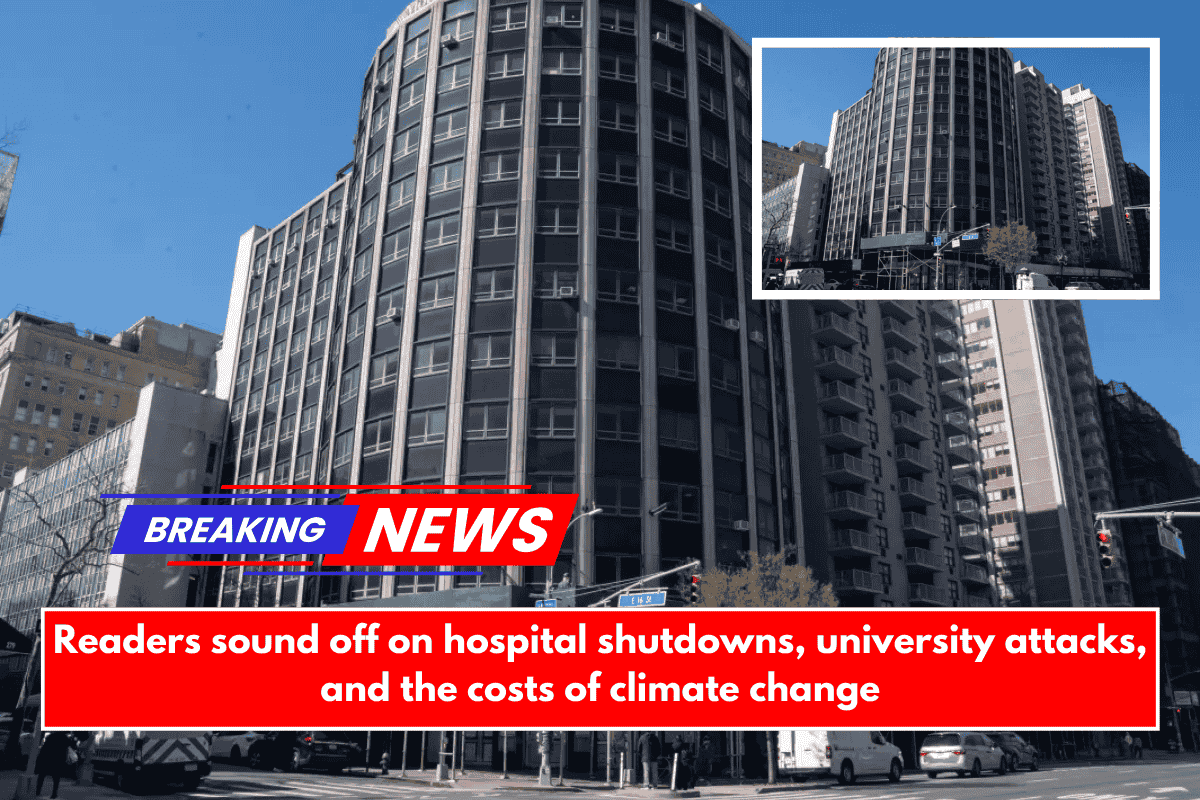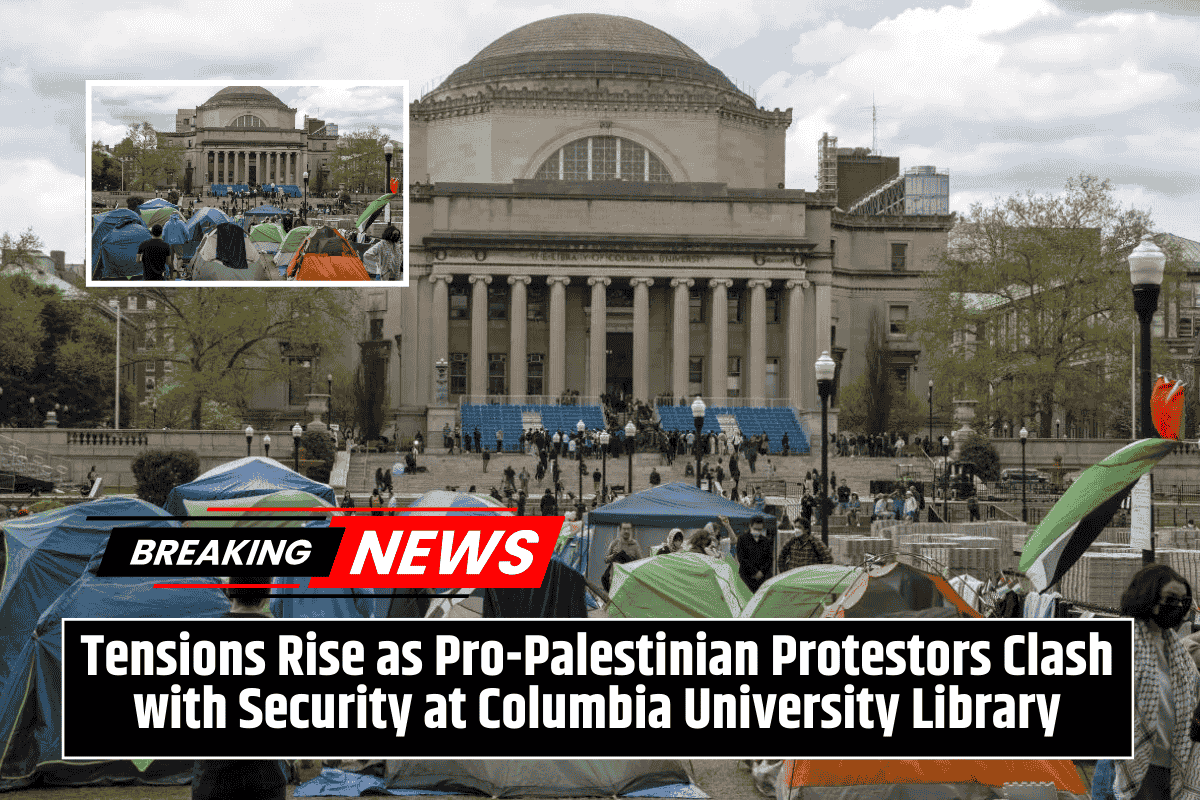The closure of Beth Israel Hospital in lower Manhattan has created significant challenges for the residents in the area, especially for those living south of 14th Street, where access to medical services is critically limited.
As stated in the op-ed, “Invest in health care to invest in NYC’s future,” the proposed expansion of Lenox Hill Hospital does little to address the pressing needs of communities in Chinatown, Tribeca, and Battery Park, who now find themselves without a local hospital.
The Health and Hospitals Corporation (HHC) needs to ensure that the distribution of hospital beds across the city is fair and that underserved areas, particularly in lower Manhattan, are adequately provided for. Currently, with a ratio of only 0.5 beds per 1,000 residents in the southern parts of the borough, many individuals are left without essential health care access.
The closure of hospitals in low-income neighborhoods across the New York City area is a concerning trend. In the last few decades, approximately 20 hospitals have shut down, primarily in communities that are already economically disadvantaged. The lack of health insurance is a major contributing factor to this crisis, as many residents in these communities are either uninsured or dependent on Medicaid.
A solution exists in the New York Health Act, which, if passed, would guarantee access to health care for all state residents. The proposed legislation is a step toward universal health care that could help reduce the strain on hospitals and provide proper medical care for everyone, regardless of their economic status.
Why the New York Health Act is Vital for All
Dr. Marc H. Lavietes, former secretary of the Physicians for a National Health Program, points out that the New York Health Act offers a comprehensive and cost-effective solution to New York’s health care challenges. The bill, currently pending in the state Legislature, would create a universal health care system that provides better services at lower costs than the current fragmented system.
By implementing the New York Health Act, New York can ensure that every resident has access to the medical care they need, without the burden of skyrocketing insurance premiums, co-pays, or unpaid hospital bills. For many communities, especially those in lower Manhattan, this bill could be the lifeline that ensures continued access to life-saving medical services.
A Wake-Up Call for Healthcare in NYC
As the city faces an increasing number of hospital closures and gaps in medical coverage, the need for legislative action has never been more urgent. The health care system in New York, particularly for low-income neighborhoods, is failing, and the lack of accessible hospitals in some areas highlights the system’s shortcomings.
With 400,000 residents in lower Manhattan now without a nearby hospital, the proposed expansion of Lenox Hill does not sufficiently meet the demand for medical services.
To remedy this, state lawmakers must prioritize the passage of the New York Health Act and work with local officials to ensure that adequate medical facilities are available to all New Yorkers. If we don’t take action now, we risk further exacerbating the health care disparities that already plague marginalized communities in New York City.







